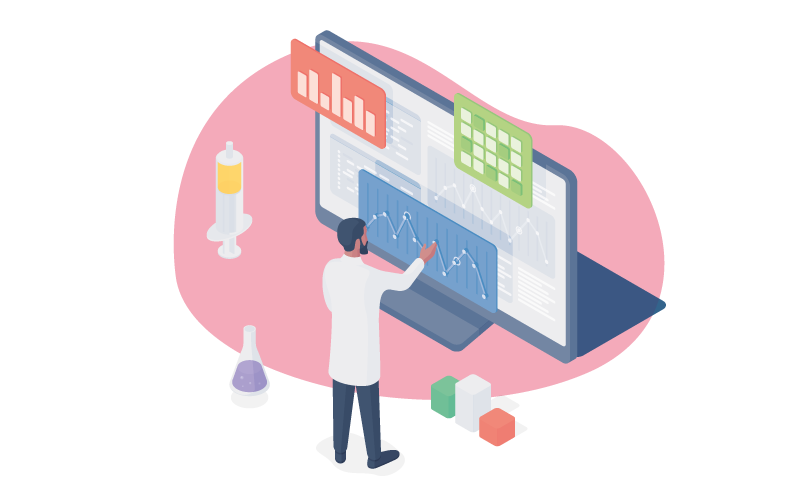Reporting side effects

As with any medicine, once a vaccine is approved for use in the EU/EEA, the European Medicines Agency (EMA) and national authorities continually monitor whether people who have received the vaccine or medication experience any side effects.
The EMA and national authorities need to determine whether or not there is a link between a medicine or vaccine and any reported side effects. With vaccines, this helps to rule out other possibilities or factors unrelated to the vaccine itself, such as illness or anxiety over being given the vaccine.
The EMA analyses reports from patients, parents, healthcare professionals, clinical studies, medical literature, and information shared by other regulators. This agency then carefully checks suspected side effects.
If necessary, the EMA and other regulators can act by providing updated guidance to healthcare workers or restricting the use of a vaccine. Patients, healthcare professionals and pharmaceutical companies are encouraged to report any suspected side effects to their national regulatory authorities.
Information on reported suspected side effects is publicly available on the European database of suspected adverse drug reaction reports.
The process of monitoring the safety and managing the risks of medicines is called pharmacovigilance.
For more information on vaccine side effects and how to report them, see:
Vaccine safety and side effects
Who should be careful about getting vaccinated and when will doctors advise against it?
